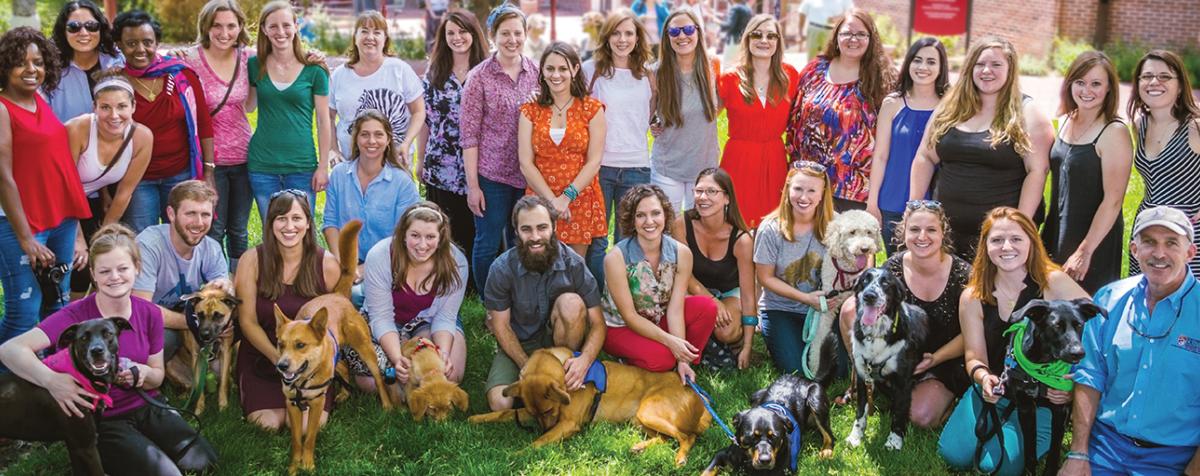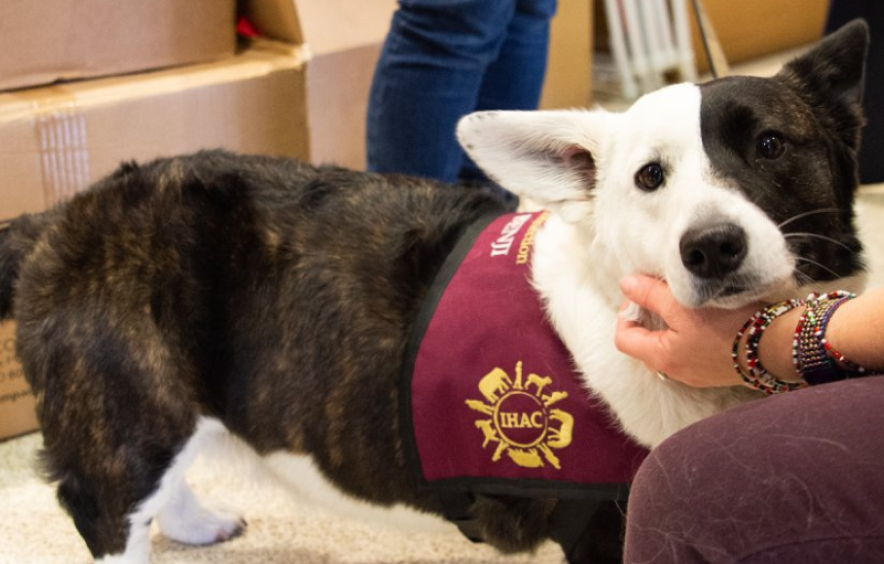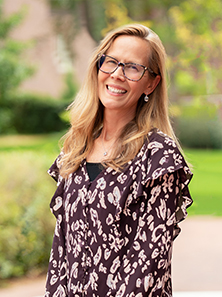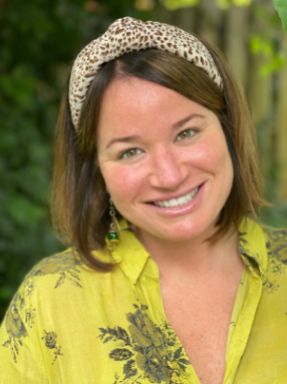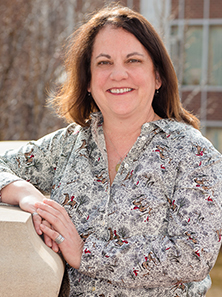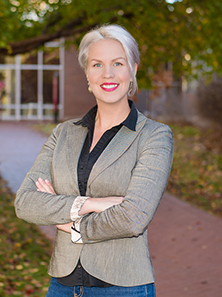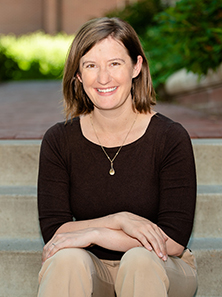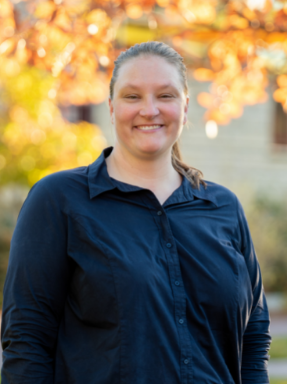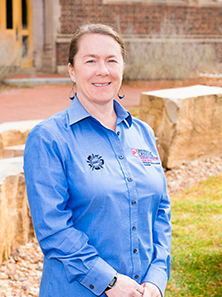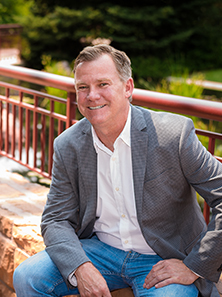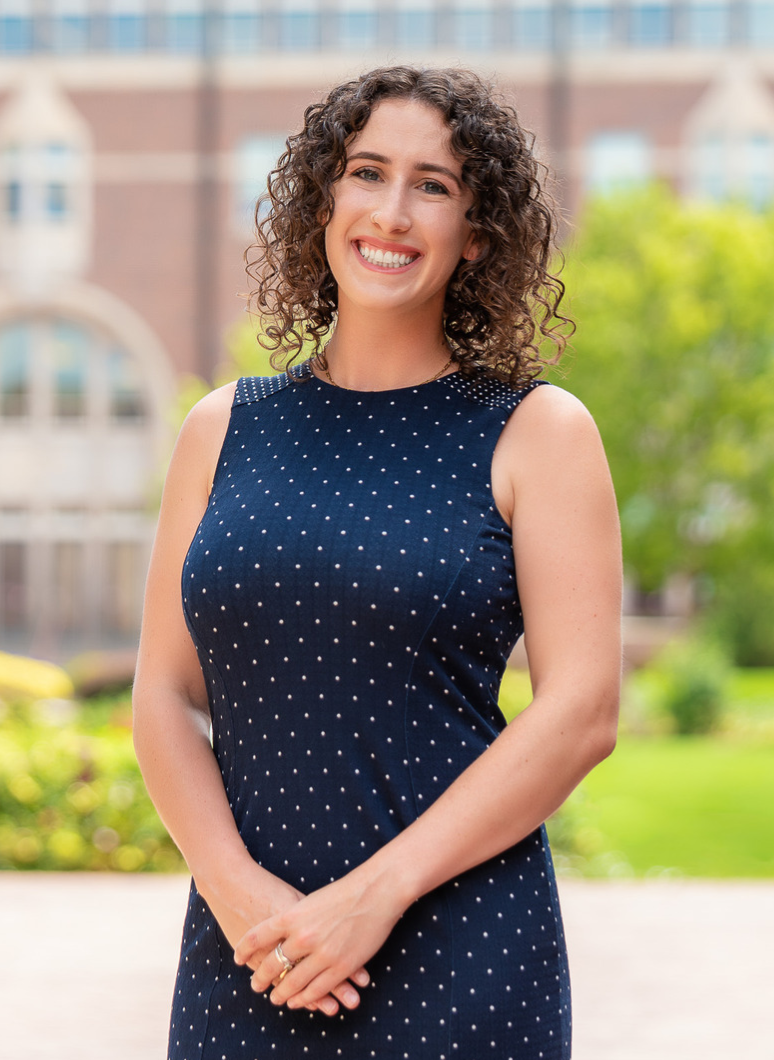About the Institute for Human-Animal Connection
Established in 2006, the Institute for Human-Animal Connection conducts scientifically rigorous research to improve the overall well-being of humans, animals, and the environment, and provides education and training in human-animal interactions for professionals working in various human service fields with a strong emphasis on ethics and animal well-being. All of our work is guided by our commitment to social justice and cultural responsiveness.
Mission
The Institute for Human-Animal Connection advances knowledge and practice in the field of human-animal-environment interactions through innovative and ethical education and research.
Vision
The Institute for Human-Animal Connection elevates the relationships between people, other animals, and the environment to improve the health and well-being of all.
